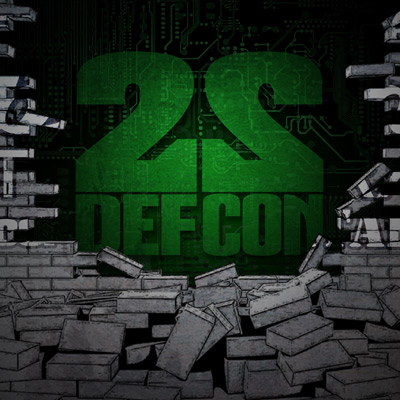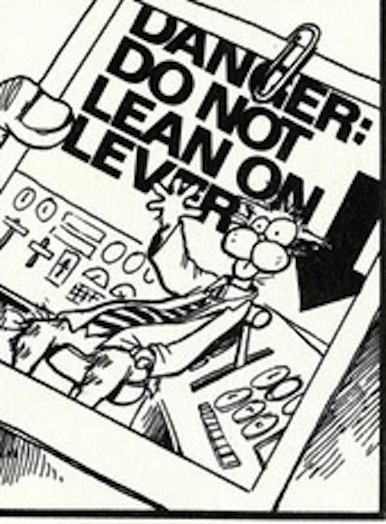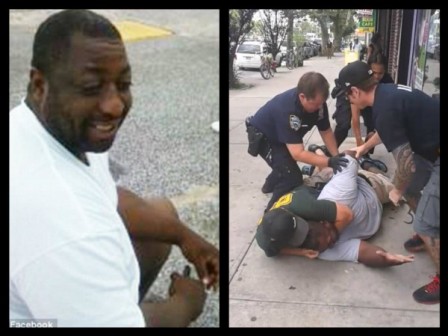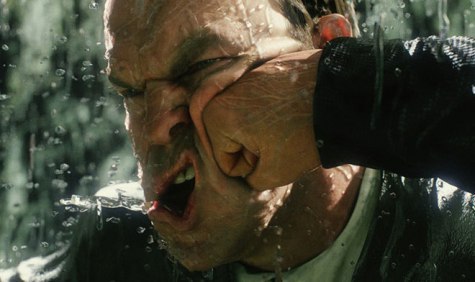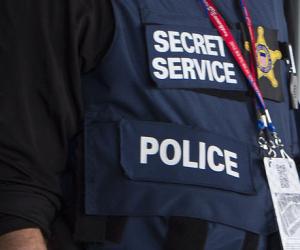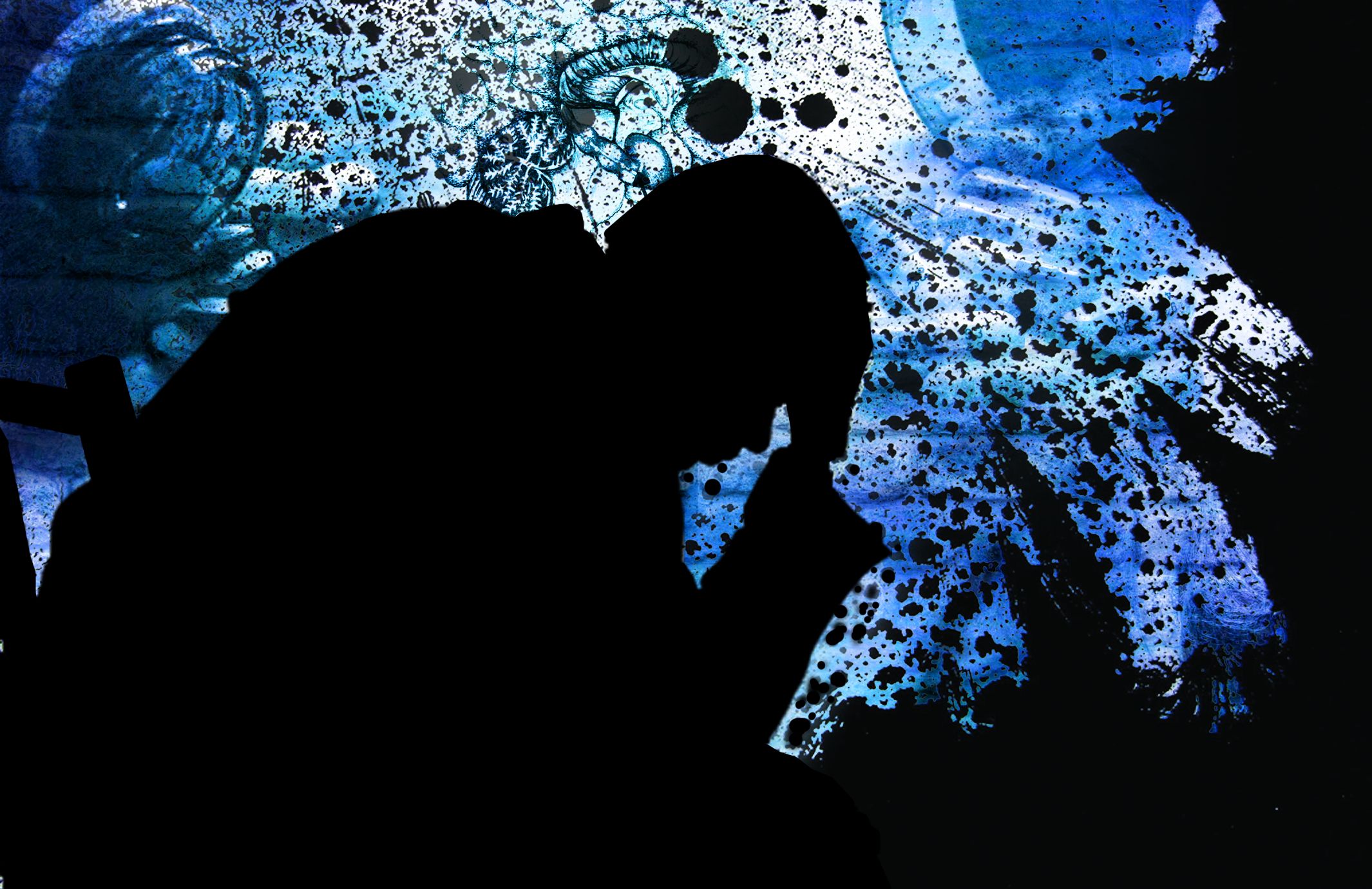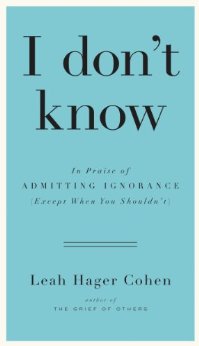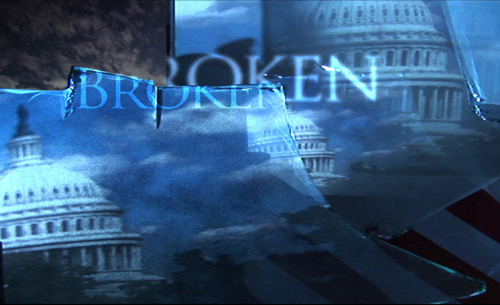I’m just back from Las Vegas, where I attended BSidesLV, Black Hat and DEF CON. I’m jet-lagged as hell and feel like toxic waste, but I’m also feeling pretty good about myself.
Mood music:
Here’s the thing about DEF CON: Attendance is huge, the lines are long and it’s easy to find yourself wedged between crowds of humanity moving in different directions. Like all of Vegas’ casinos, a thick cloud of cigarette smoke hangs in the air, and unhealthy food is easier to obtain than healthy food.
For someone given to fear and anxiety, the place is a nightmare — the trigger for every mental demon to come out.
As readers know by now, I have a history of fear and anxiety. I’ve written about how I’ve brought it under control in recent years, but the DEF CON experience really demonstrated how far I’ve come.
No matter what you tried to do at DEF CON, there were huge lines. Lines for coffee. Lines to get into talks. Lines for food. The kind of lines that snake around corners and continue into infinity.
A decade ago, I would have hidden in my hotel room the entire time. Actually, I would have just stayed home.
But I walked with the big crowds and stood in the lines. I kept calm and usually found a friend to talk to and pass the time.
Part of my success is having the ability to realize that the crowds aren’t there to torment me. Everyone’s trying to get somewhere. It’s not about me, ever. Knowing that makes me feel more secure in the crowd.
I’ve also learned to take breaks. Hiding in the room the whole time is bad; going there for one- or two-hour breathers is good. I did the latter a couple times a day, and it worked well.
I also made a point of getting to bed before midnight each day. I used to stay up all night, going from one party to the next. A couple years ago, I made peace with the fact that I’m getting too old for that. Prioritizing sleep allowed me to maximize the quality of my awake hours.
DEF CON did show me that I still have work to do on myself. Social awkwardness remains an issue. I have a lot of industry relationships on Facebook and Twitter, but I still get weirded out when I meet some of those people in person. People never look exactly the same as their Facebook pictures, including me.
I probably walked past people I know online a bunch of times. If you saw me and I didn’t come up and say hello, I apologize. In my awkwardness, I sometimes have trouble recognizing you.
So there you have it: Better with crowds and lines, still socially awkward. In the grand scheme of things, the journey in the right direction continues.
